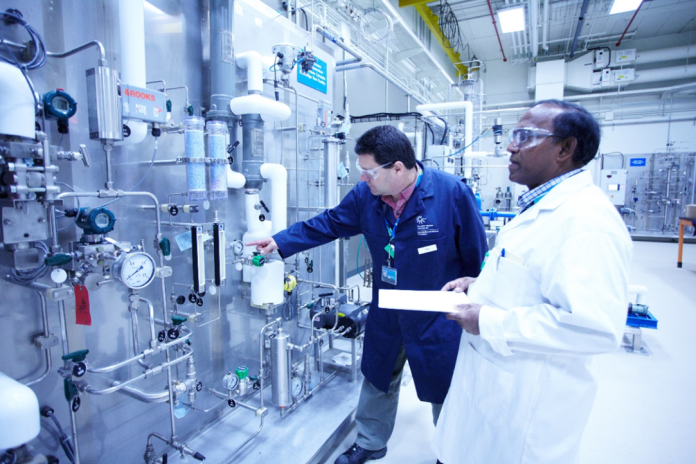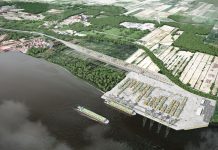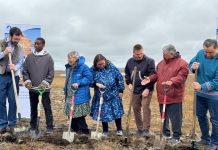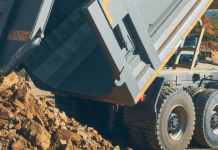CACDR staff writer
Chalk River — Canadian Nuclear Laboratories (CNL), together with Expander Energy Inc., Fuel Cell Energy, St Marys Cement, and Nuclear Promise X, is advancing front-end engineering design for three renewable diesel production facilities in British Columbia, Ontario, and Quebec. These plants would convert forestry wood waste into low-carbon, drop-in ready diesel fuel, producing a combined total of 90 million litres annually.
The sites were chosen after a successful feasibility study, funded through Natural Resources Canada’s (NRCan) Clean Fuels Fund, which confirmed that producing synthetic diesel fuel from biomass and water electrolysis is economically viable. The study assessed multiple potential locations, considering access to utilities, biomass supply, transportation routes, and other key factors.
The innovative process, known as “e-Syn”, uses a patented technology called Biomass Electrolysis to Liquids (BETL™), developed by CNL and Expander. This method combines biomass gasification with water electrolysis to create bio-synthetic fuels, including Bio-SynDiesel® and Bio-SynJet®. These fuels are made entirely from carbon captured from the atmosphere, resulting in very low greenhouse gas emissions over their lifecycle.
“This is not a science experiment,” said Gord Crawford, President and CEO of Expander. “The feasibility study showed that BETL™ technology can produce bio-synthetic fuels at costs competitive with current renewable diesel options. Our economic assessments indicate strong financial potential for all three sites.”
Each facility is designed to process about 240 dry tonnes of wood waste daily, generating roughly 30 million litres of renewable diesel per year. The design work now underway will guide the construction and operation of these plants, which could become models for similar projects across Canada and internationally.
“Synthetic fuels like Bio-SynDiesel® offer an immediate way to reduce emissions from transportation, which accounts for nearly 25 per cent of Canada’s greenhouse gases,” said Stephen Bushby, Vice-President of Science and Technology at CNL. “This project transforms waste material into valuable fuel, helping Canada reach its net-zero goals.”
The project team plans to complete the engineering designs by fall 2025. Next steps include working with local governments, Indigenous nations, and other partners to finalize site-specific plans.
To support commercial deployment, Expander and CNL will install a proven electrolyzer at Expander’s Carseland, Alberta gasifier project. This will help reduce technical and financial risks before scaling up production at the three new sites.
These synthetic fuels are “drop-in” ready, meaning they can be used in existing engines and infrastructure without modification. They provide an attractive option to decarbonize sectors that are difficult to electrify, such as heavy-duty transport, marine, and aviation.





